11.2 million tonnes: this is the quantity of food waste that is put in the trash each year by Canadian households and which could still have been consumed.
This is enough food to feed everyone in Canada for almost 5 months
For the portfolio of a Canadian family, this represents losses of approximately $1,100 annually, and for our country, 17 billion.
And what about all the resources devoted to the production of this food which are also wasted... Did you know that the production of all this wasted food alone requires approximately 1/4 of all the water used in agriculture every year?
In addition to causing enormous economic losses, food waste is one of the main causes of global warming: all this food ends up in landfills or incineration sites, which produces enormous amounts of greenhouse gases. .
It has to change.
Understand the impact our food waste has on our planet
For us, it's simple: we sort what goes into the trash and recycling. However, the waste management cycle is much more complex than it seems and much more harmful to the environment than one might believe. Following waste collection, it is sent to an incinerator, landfill, recycling center or composting center. More than half of our waste ends up in the incinerator or in a landfill (landfill) and that's where it gets wasted.
Incinerators emit a lot of CO2 (around 1 to 1.4 tonnes of CO2 per tonne of waste burned), while landfills emit methane, a biogas 25 times more harmful than CO2 .
Globally, 1/3 of methane emissions come from landfills
Methane production comes from the fermentation of our organic waste which ends up in landfill sites. Being deprived of oxygen since they are compacted underground and covered with a waterproof membrane, they ferment and this is what subsequently leads to the release of methane into the air. .
These significant emissions contribute directly (and in large part) to global warming, which is why it is so important to try to reduce our food waste.
But, there is hope! More and more people are making more efforts to waste less and we wanted to take part in this fight too! This is why we decided to talk to you about composting, a practice that is close to our hearts at Réserve Locale!
A solution to reduce your ecological footprint: composting
Certainly, the #1 solution to reduce our carbon footprint is to reduce our food waste and therefore not waste. Recycling food waste, commonly called composting , is also a very interesting solution, because it avoids sending our food waste to landfill sites which, as you may have noticed, are excessively harmful to the environment!
This treatment process makes it possible to considerably reduce the volume of waste. The carbon contained in biowaste is effectively “eaten” by living organisms and then released into the air in the form of CO2. Since CO2 originally comes from the atmosphere and therefore cannot be considered a polluting release as such.
In Quebec, it is easy to compost during the summer thanks to the warm temperatures and to reuse the resulting fertile soil in your garden and flower beds. For the rest of the year, it's a little more complicated. However, there are now new alternatives, like the company Tero, which offers a solution that will revolutionize the management of your organic waste at home, regardless of the season. The FoodCycler is a smart composter that transforms your food waste into fertilizer! Fruits, vegetables, meats, fish... almost anything goes!
You will discover a company that shares our values and which will certainly convince you to reduce your ecological footprint.
Every little gesture can help reduce food waste
Plan your meals, make your grocery list based on what you already have in your pantry and refrigerator, go to the grocery store on a full stomach, manage your fridge well, learn to keep your food longer and of course, use your freezer to the maximum!
At Réserve Locale, it’s not for nothing that our products are frozen. We encourage our customers to use the full potential of their freezer, reduce trips to the grocery store and only encourage local and responsible producers . Visit our online store to discover our themed boxes and all our individual products, perfect for stocking your freezer for the months to come.
Remember: every action counts!
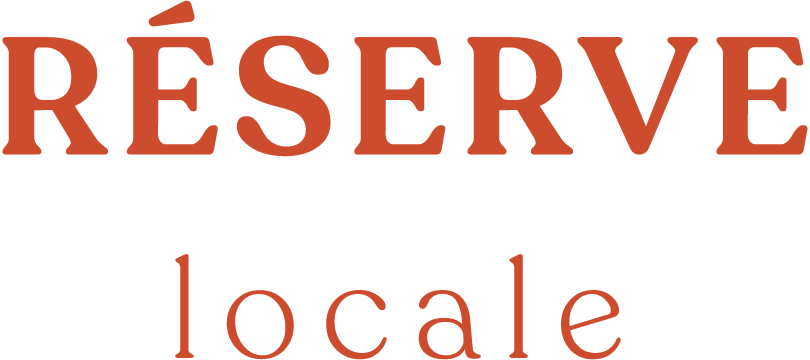
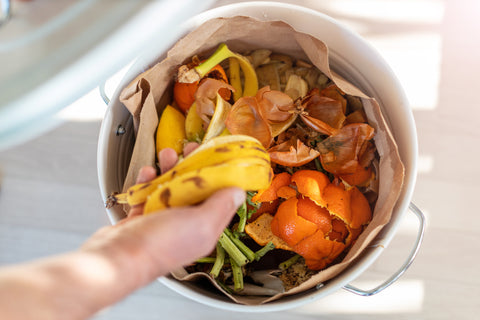
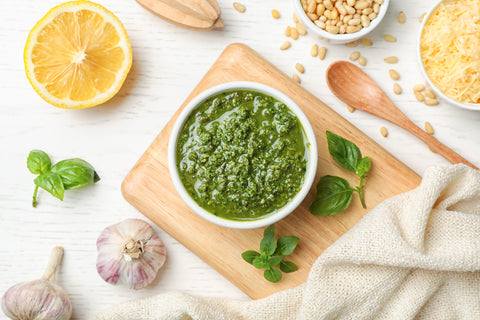

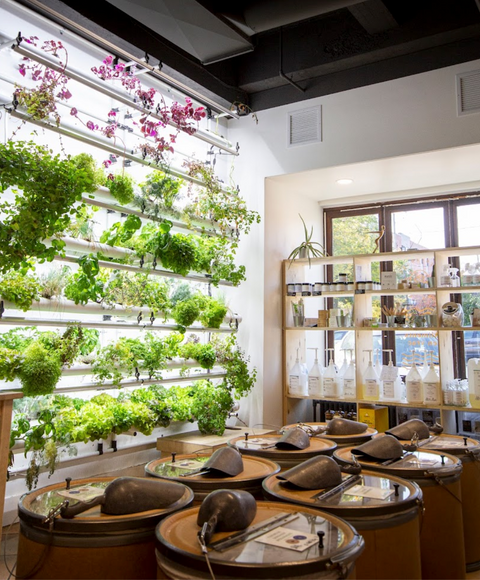
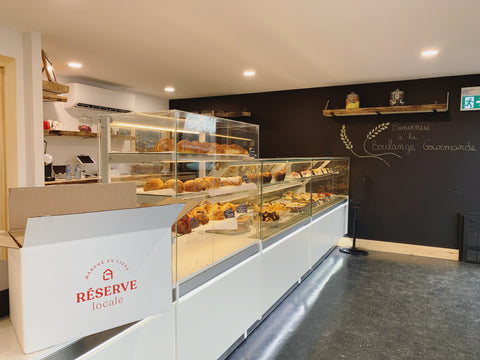
Comments (0)
There are no comments for this article. Be the first to leave a message !